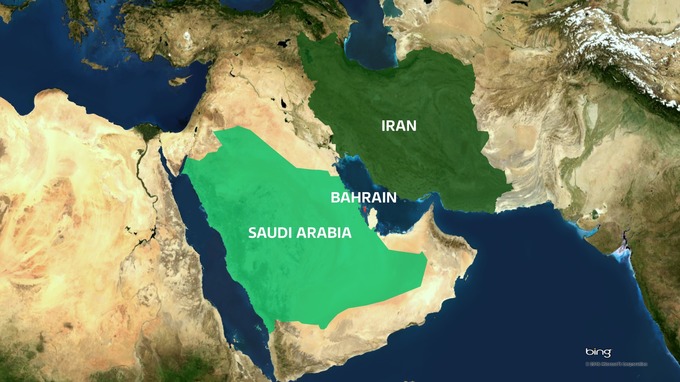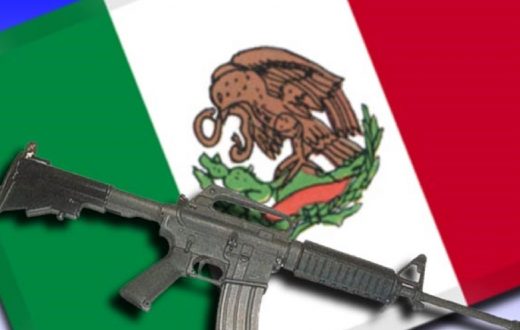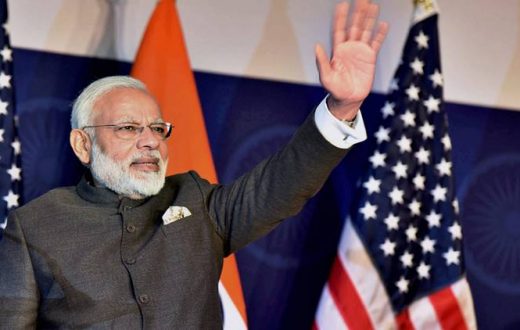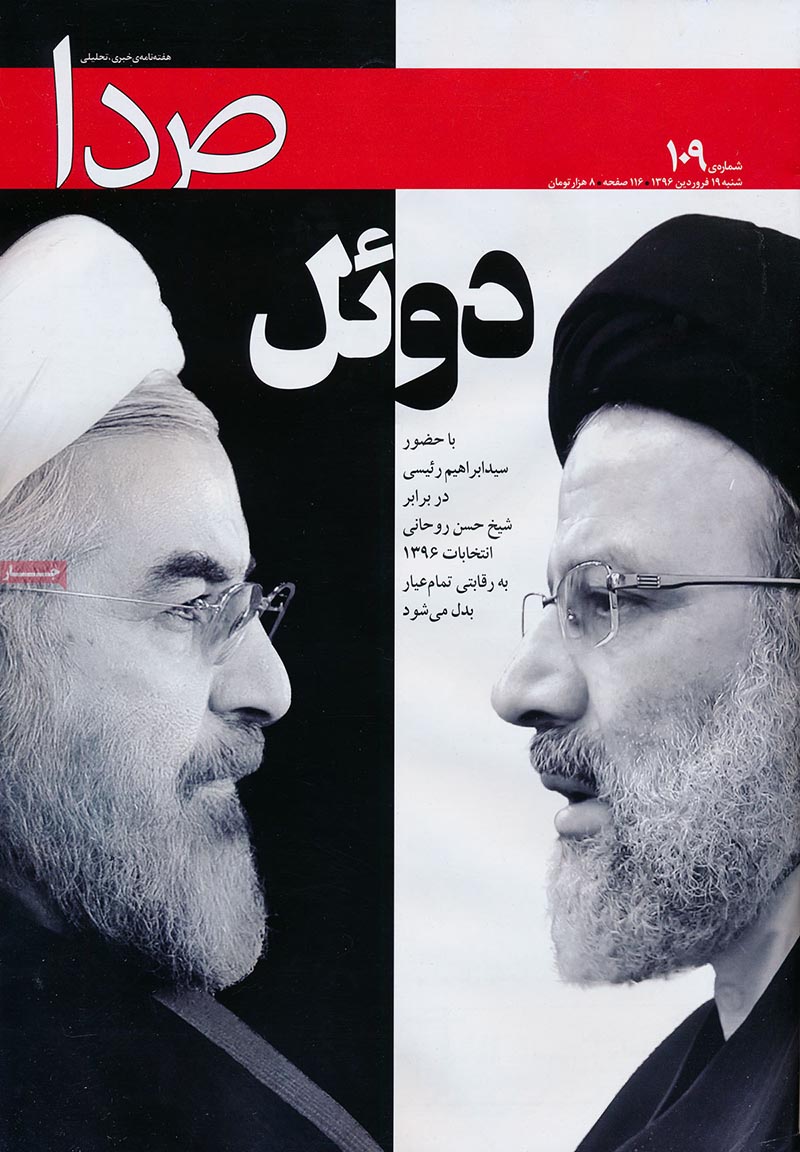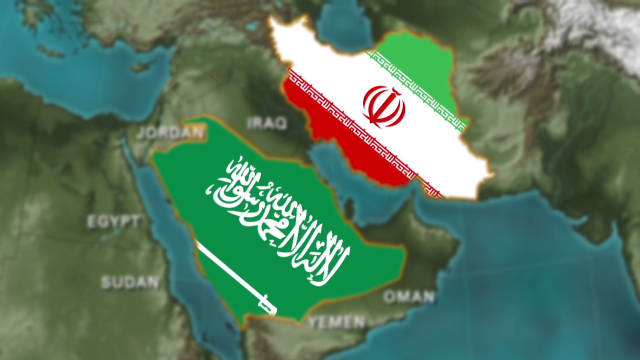When the Arab Spring gave rise to a Shiite uprising in Bahrain, Iran’s Shiite government saw an opportunity to upset the sectarian balance of power in Eastern Arabia. Its ambitions were swiftly thwarted, however, by a Saudi-led military intervention designed to keep the island kingdom under Sunni control at any cost. Riyadh’s backing has emboldened the Bahraini government in the years since, recently culminating in a series of harsh crackdowns against the country’s Shiite opposition. But with social pressure already mounting, Manama’s actions could backfire and give Tehran another chance to stoke Shiite unrest in the Persian Gulf.
Analysis
Over the past two weeks, the Bahraini government has moved to quash sources of political dissent. It suspended the activities of the moderate Al Wefaq movement and extended the prison sentence of the group’s secretary-general, Ali Salman. Officials also arrested human rights advocate Nabeel Rajab, imposed travel bans on political activists and prohibited the mixing of religion and politics. Then, on June 20, Manama revoked the citizenship of prominent Shiite cleric Sheikh Isa Qassim, whom the government has accused of exploiting religious sentiment for political gain and illegally sending funds to Iran and Iraq.
Manama’s seemingly sudden hard-line approach has been building for some time. In the wake of Saudi Arabia’s intervention and the quelling of Shiite protests in 2011, King Hamad bin Isa Al Khalifa was shell-shocked by how rapidly his kingdom had destabilized. With little enthusiasm, Bahraini officials engaged in talks with the more moderate factions of the Shiite opposition, hoping to weaken the movement by co-opting parts of it while fending off criticism for crackdowns undertaken by Bahrain’s patrons in the west. But by 2013, demonstrations and clashes between security forces and protesters persisted, and calls for stricter measures to contain the opposition grew within the government. Meanwhile, in an attempt by the country’s Sunni minority rulers to re-engineer Bahraini demographics for political aims, Bahrain had also begun to naturalize Sunni Syrian refugees who had fled to Jordan to escape an intensifying civil war.
In 2014, the government suspended its talks with the Shiite opposition — though they had already ground to a halt — and temporarily banned Al Wefaq from politics. Shiite parties then boycotted the country’s elections when Manama chose to redraw electoral districts in a way they deemed unfair. The new district boundaries also appeared to be intended to limit the influence of Sunni groups affiliated with the Muslim Brotherhood, including al-Minbar Islamic Society and the Salafist al-Asalah Islamic Society. Even though the government relied on these Sunni groups as a counterweight to Shiite protesters during the country’s 2011 uprising, Saudi Arabia and the United Arab Emirates pressured Bahrain to adopt their zero-tolerance policy toward the Muslim Brotherhood. The Bahraini government grappled with the question of how to manage its Sunni competitors for some time, and it may have finally found a solution: Manama’s recent bid to separate religion from politics could be aimed at Sunni Islamist groups as much as it is at Shiite political parties. In fact, Saudi Arabia and other Gulf states may experiment with similar legislation down the road to block the rise of Islamist groups within their own borders.
As tension rose between Bahrain’s government and the opposition in 2014, links between the country’s Shiite parties and Tehran began to surface more frequently. By the following year, Bahraini authorities had reportedly foiled a number of plots that allegedly traced back to the Islamic Revolutionary Guard Corps’ Quds Force. The plots mostly targeted Bahraini security forces and involved the use of small arms or homemade explosive devices, though in some cases military-grade explosives such as C4 and RDX were also uncovered. Of course, as Iran’s nuclear rapprochement with the West progressed, Gulf states such as Bahrain had an interest in broadcasting claims of Iranian interference in an attempt to give the Americans and Europeans pause in their negotiations with Tehran.
A Risky Move
Today, the Gulf states have had to accept Iran’s thawing ties with the West as a reality, albeit an uncomfortable one. In response, Saudi Arabia has been much more assertive in shaping the Sunni world’s strategy for countering Iran’s rise. The Gulf Cooperation Council, under Riyadh’s leadership, has formalized and entrenched its military footprint in the region, bringing smaller and more vulnerable allies such as Bahrain under its protection. Media outlets in Bahrain and the wider Gulf have framed Manama’s recent security and political measures as necessary steps to “fight extremism” and “restore unity and social cohesion” to the unstable island.
At the same time, Iran and its Shiite allies have lambasted the Bahraini government and threatened reprisals. The boldest threats have been made by Islamic Revolutionary Guard Corps Maj. Gen. Qassem Soleimani, who said the Bahraini administration is “miscalculating the extent of public fury” in a move that is a “red line whose crossing will set fire to Bahrain and the entire region, and leave people with no other option but armed resistance.” To drive his point home, Soleimani warned that “Al Khalifa will pay the price of such an action whose endpoint will be nothing but annihilation of this tyrannical regime.” Indeed, certain factions of the guard corps that are already competing with Iranian President Hassan Rouhani’s more moderate foreign policy camp will see the situation in Bahrain as an opportunity to politically assert themselves. Whether the heated rhetoric translates into greater covert action remains to be seen.
Manama, for its part, likely calculated to some degree that its crackdown would provoke a backlash, and Bahraini authorities will almost certainly be prepared to beef up security in response. Saudi Arabia is also standing by to provide reinforcements, should they be needed. (The King Fahd Causeway gives the Arabian Peninsula direct access to the island.) Nevertheless, the Bahraini government is taking a considerable risk by aggravating the social tension that has long simmered in the kingdom and can be easily exploited by Tehran. As they did with Riyadh’s execution of prominent Shiite cleric Nimr al-Nimr, Iranian political, military and religious hard-liners are attempting to use Manama’s recent moves to mobilize Shiite activists throughout the region. If they are successful, unrest could grow, not just in Bahrain but also in Saudi Arabia, Iraq and Lebanon. So far, Bahrain and Saudi Arabia have been able to keep a tight lid on dissent, but they and other Gulf states will be loath to give their citizens an additional reason to protest as their economies continue to be weighed down by low oil prices.

